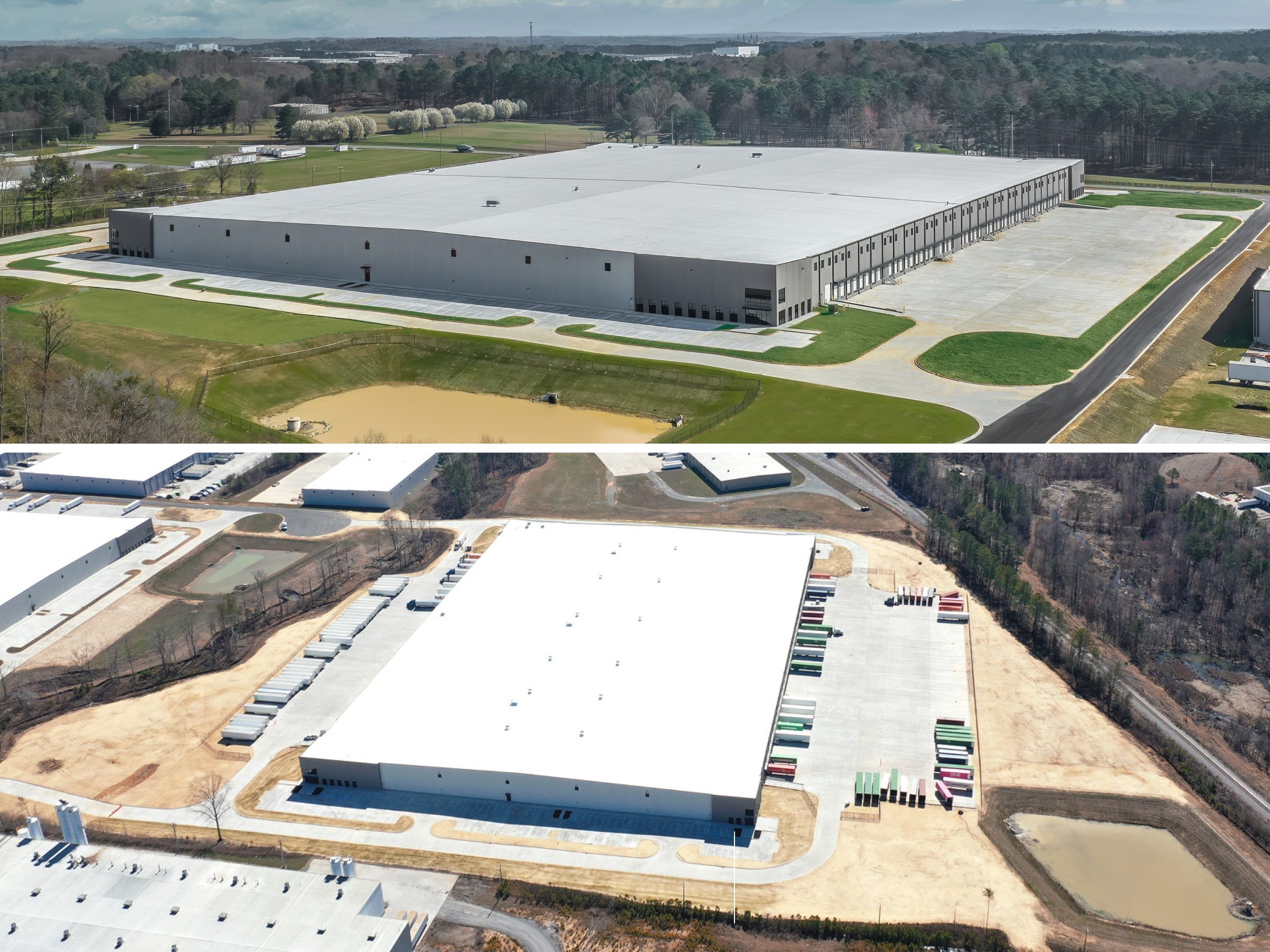Becoming a Convert
How life sciences facilities are breathing new life into empty office spaces.
After more than a year and a half of working from home, I have my daily routine down pat: Jump out of bed and find a nice shirt (in case I need to be on a Zoom call) and some comfy pants. Make coffee. Get the workday started. Tell my pandemic puppy that I cannot play with him that second. Feel guilty about not playing with him. More coffee. And so forth.
It’s a nice routine.
Sometimes, though, I do think about the empty office in the city. On our team, employees can go in if they want, but for the most part that’s been few and far between. What’s going on with all that empty office space right now? Is there some way it can be better utilized during this time? And—dear god, did I leave a plant there?
While our office is being used sporadically now, it is still being used. Eventually people will come back—perhaps on a hybrid schedule, but the space will be used.
Many office spaces, however, are going to stay unoccupied. So, what to do with all that empty space?
Enter: life sciences facilities. There’s certainly a market for that industry now. According to Cushman & Wakefield, the public and private sectors contributed $70 billion to life sciences companies in 2020. And of course, the push for the COVID-19 vaccine has increased demand in this space. Office conversions have been a helpful solution.
However, as Senior Editor Holly Dutton reports in her article “New Life (Sciences) for Struggling Office Properties,” the process isn’t always easy. One major stumbling block is the massive amounts of space required for research and medical facilities.
“You’re literally trying to fit 50 pounds of demand into a 10-pound bag,” Tim Martin, senior vice president at JLL, told Dutton.
Still, converting office space to life sciences centers remains a great way to breathe life into newly desolate space. (It’s too bad the same thing can’t be said for my office plant, though. RIP).
Want to learn more about life sciences? Read on. And, as always, let me know your thoughts at Jessica.fiur@cpe-mhn.com.








You must be logged in to post a comment.